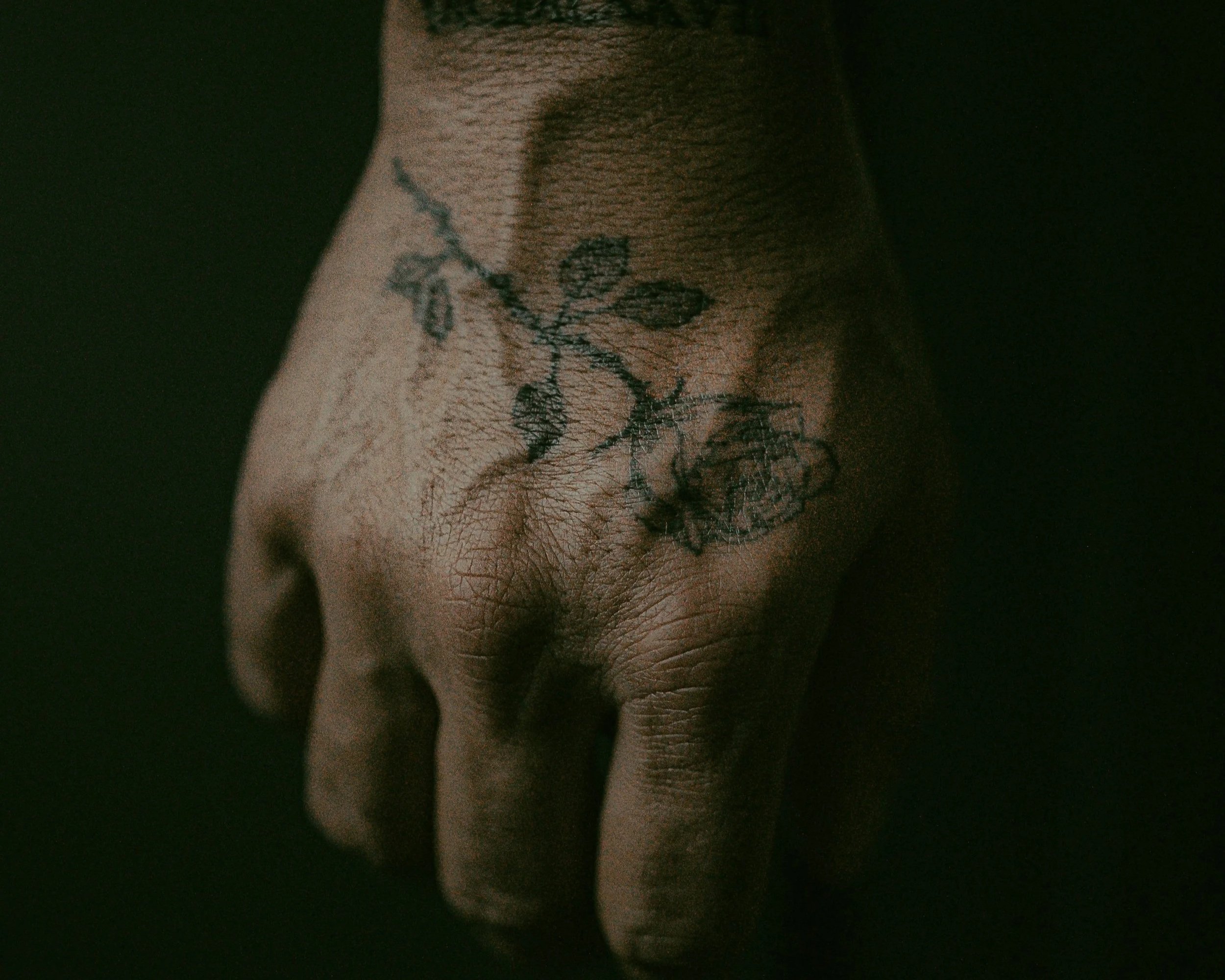When Our Words Fall Short
Some stories begin long before we ever put words on the page.
Maybe in a cold hospital room with a boy who couldn’t measure up to his father and didn’t know how to survive the ache.
Laura’s Gift
Her name was Laura. She stood barely 3 feet tall, but I guess we all did in second grade…
When the Shock Brings Truth
And we don’t have to work so hard to be okay.
I was electrocuted twice as a child. The first time was with my 80-year-old great-grandmother. That was bad. But the one that stands out most in my mind was the other one.
A Convict's Love
On redemption, surrender, and holy ground
Cal (name changed for anonymity) was probably the last person you would choose to bring into your home. Six feet tall. Strong and broad in shoulders. Ex-con. Coyote. Wanted by both the police and the cartels for knowing too much. His first arrest happened at 7 years old, when he held an American couple at gunpoint to rob them. He spent years in prison. And years running.
I am dry. And I thirst for Him.
When You Have Noting to Give.
I had a vision once when I was in Mexico. It happened in the middle of the night when I had gotten up to use the bathroom. The moon was full over the desert ranch as I passed the window, and its light spilled a cascade of silver on my newly planted garden below. The tilled soil. The baby plants. All of the day’s labor. And somewhere in my mind, wherever visions are planted, I was barefoot in that garden.
In the Chaos
When Your World Comes Crashing Down.
When I was a young mommy, I followed a woman online called The Fly Lady. I don’t know if she’s still around. But she was one of those wise people who taught young women how to manage their days. How to organize their households. How to get through the whirling chaos that comes with infants and toddlers and home life in those early years. Her advice was simple. Start with the kitchen sink. Just the kitchen sink. Begin there. Wash the dishes. Scrub the basin. Bleach it. Dry it until it shines.
Surviving New Life
A Greater Purpose in the Pain.
I guess I’ve been thinking a lot about birth lately, given that my very first grand baby is on the way. And I’ve been thinking about the miracle and design of the process, how a baby passes from one world to the next. From womb to earth. Water to air. And how those painful minutes in between are the most vital of all.
When You Breathe
YHWH: A Deep Sigh Calls HIS Name.
Some words stop me in my tracks.
They have a way of affecting me deeply and changing the way I look at things—the way I look at life.







